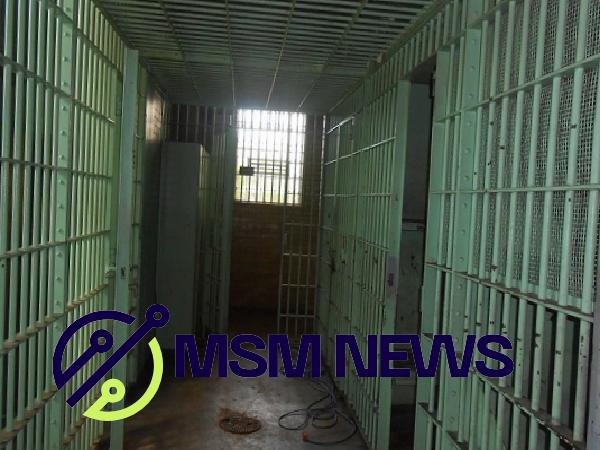By Muhammad Abdul
Abdullahi Surajo, a 14-year-old uzunluk currently suffering at the Kurumawa maximum prison in Kano, North West Nigeria, has called on Kano Governor, Abba Kabir Yusuf, to ser him free from detention.
Surajo, who spoke to journalists during a visit by the IG Special Taskforce (Police Duty Solicitors Scheme) said he has been denied access to justice.
While he admitted to have dispossessed a lady of her phone at Naibawa Quarters alongside others at large, he said does not have access to yasal representations.
“My condition as you can see is critical, deep inside me, I know I’m slowly dying here, and only the timely intervention of our amiable governor can save my life,” he said. “I need an opportunity to sincerely repent to Allah, and as well apologise to my victims, show a new leave to enable me contribute positively to the society.”
“I’m an orphan in a house of my uncle with my siblings, alongside 33 other members of the extended family where I was exposed to depravity, and excruciating poverty amidst dwindling revenue of our uncle who retired from public service last year.”
READ ALSO: INVESTIGATION: Horrific testimonies of Nigerians lure into job trafficking in Egypt
He added that he’s the youngest facility and has spent over year in the detention.
“Unfortunately, there is nothing reformatory in this facility, the senior boys are here, while the day to day life here is exposed one to hellish life. Ever since I was hounded here, I’ve been on one cloth, personal hygiene is something else, and of course no one cares, but the lesson of life is that I’ve cheated myself for getting involved in crime and criminality so early in life”
Speaking on his experience of life at the facility, he said “it’s evident, life here isn’t pleasant, and to say it’s hell may not be far from the truth.”
In her review of on prisons in Africa, Alice Edwards, the United Nations (UN) special rapporteur on torture, Nigeria among others to review prison management practices and policies to ensure compliance with human rights.
Edwards spoke on Friday while explaining the need to adapt to environmental challenges given the looming threat of future pandemics.
READ ALSO: Over 300 inmates in Kano prison without records of any crime – Police
“Far too many people are imprisoned, for too long, in severely overcrowded facilities,” Edwards said. “The link between poverty and incarceration is clear – people from disadvantaged or marginalised communities are far more likely to be imprisoned than other socio-economic groups. Significant challenges facing prisons are found in some form in almost every country.
“Prisons are under pressure from too many demands, insufficient resources and inadequate staffing, and as a result conditions are often unsafe and inhumane.”
The UN torture expert said many prisoners serve long sentences in deplorable conditions, with limited access to education or vocational skills.
She added that the widespread neglect of prisons and prisoners around the world has a significant social impact, exacerbating poverty and the likelihood of recidivism, and ultimately failing to keep the public safe.



Leave a Reply